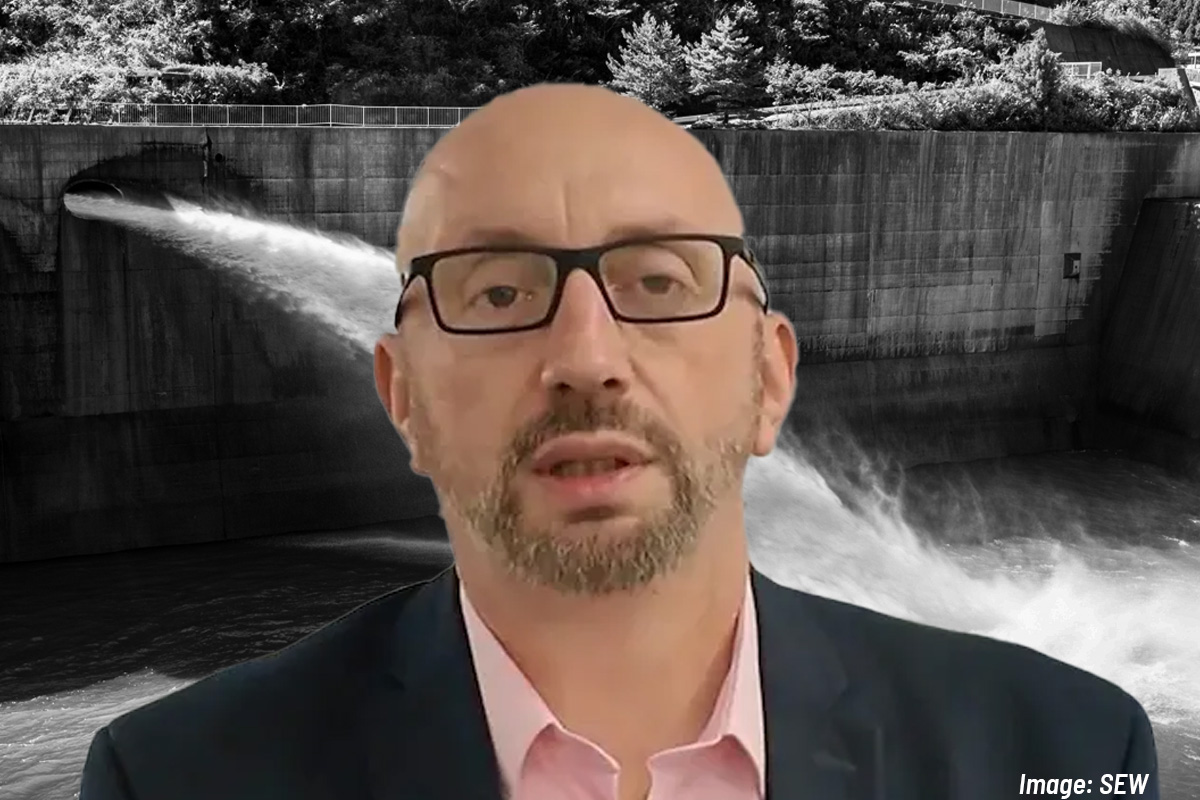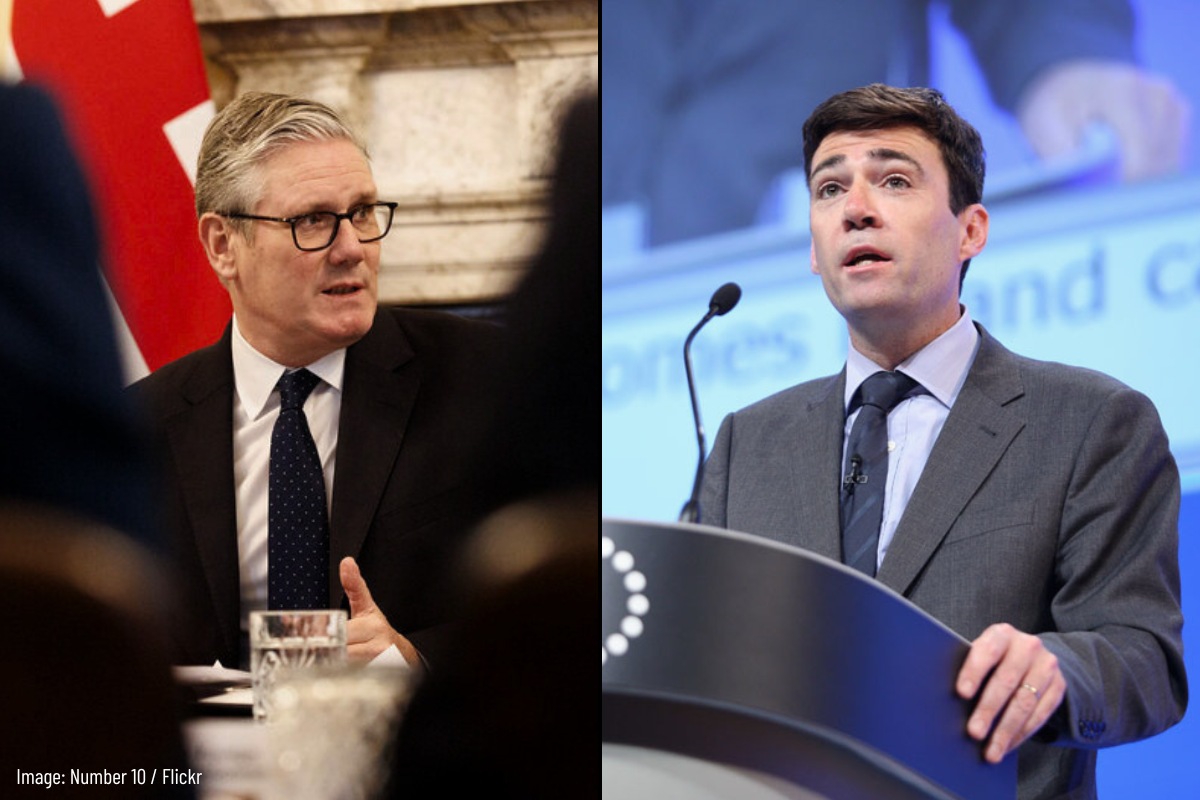The London Hands off Venezuela campaign held an excellent meeting at
the Walkers of Whitehall pub just off Trafalgar Square after the
anti-war demonstration on March 19, 2005. Hands off Venezuela had a
stall at the demonstration that attracted a lot of attention, where
DVDs, pamphlets and leaflets were distributed on the revolutionary
events in Venezuela.
There was a bit of a problem with the original venue for the
meeting. The pub had double-booked their function room and was packed
due to the rugby matches that day. We nearly cancelled the meeting when
at the last minute we found the Walkers pub that agreed to allow us to
host our meeting from 5:30 until 7:30. Even with the problems and the
quick change of venue some 60 people turned up to the pub after the
demo for the meeting.
|
David Raby speaking
|
Scandalously the meeting was disrupted just five minutes after it
began by the Metropolitan Police, who entered the pub and demanded that
the meeting be disbanded. The manager of the pub came downstairs to the
meeting and informed us that we had to vacate the premises immediately
because the police had arrived demanding that we leave. Some members of
the Hands off Venezuela campaign asked if we could speak to the police
and clarify the issue. The police clearly believed that we were holding
some sort of “subversive” meeting planning some sort of violent action.
We wanted to clarify that we were holding a peaceful meeting, and that
it was our democratic right to do so. When members of the campaign got
upstairs to speak to the police, they discovered that they had already
left. We explained to the manager of the pub that we were holding a
peaceful meeting and that there would be no trouble. He then agreed to
allow us to continue our meeting, but that we would have to leave the
pub by 7:00. It is an absolute scandal that our meeting was disrupted
and truncated by the Metropolitan Police. This issue will be raised
with MPs and a formal complaint will be made against the Metropolitan
Police.
When the meeting got back under way David Raby (Institute of Latin
American Studies, Liverpool) spoke about the significance of the
Venezuelan revolution in Latin America and around the world. He pointed
out that many on the left had failed to recognise that there was a
revolution taking place in Venezuela because it did not fit into any
historic mould, but now that Chavez had spoken about the necessity of
socialism as the way forward for the revolution, many had woken up to
the reality of the Bolivarian movement. He explained that what was
taking place in Venezuela was a genuine revolution because of the
participation of the masses in the political and economic life of the
country and because the masses had taken their own destinies into their
hands. This was seen in the recall referendum in August of last year
with the organisation of the Electoral Battle Units (UBEs) where one
million people were mobilised for the election. He mentioned that
Allende in Chile didn’t even have that kind of support for his
electoral success
and never had a clear majority, unlike Chavez who has won nine
elections with a
clear majority. Another one of the major failings in Chile was that
Allende was unable (or didn’t really try) to transform the Armed
Forces, whereas Chavez did and this was
crucial. Chavez was able to generate a revolutionary movement within
the military
which transformed their consciousness and led to the majority of them
(including some high-ranking officers) accepting
their role as "the people in uniform". He spoke of the dangers facing
the revolution and the threats of imperialism, and agreed with
President Chavez that the only way forward for the revolution was
socialism. He pointed out that the nationalisations taking place and
Chavez’s willingness to mobilise the masses would go a long way in
defending the revolution, pointing out that this is one of the failures
of previous movements in Chile and Nicaragua.
His other key point was that the Left needs to learn from this
experience that the revolutionary vanguard cannot be decreed or
proclaimed by a group of well-intentioned people who adopt Marxist
ideology and organise a party, if that party is not recognised by the
masses; and that the vanguard may appear in very unexpected forms,
which is what occurred with Chavez and the MBR-200.
Ramon Samblas, Secretary of the British Hands off Venezuela Campaign
then spoke on the achievements of the revolution in Venezuela. He
explained the importance of the victory of the masses against the
attempted coup in April 2002, and the victory over the bosses in the
oil lockout of 2002/2003. He mentioned the importance of the new social
programs for literacy and healthcare, and explained the struggle of the
peasants for land reform. He explained that perhaps one of the most
important developments in the revolution was the nationalisation of
Venepal under workers’ control. He finished by saying that the
Venezuelan revolution would have major implications for the whole
world, and in particular for Cuba and that one of the most important
things we could do in the UK would be to join the Hands off Venezuela
campaign and take part in defending the Venezuelan revolution.
|
|
|
Intervention from the audience
|
Heiko Koo, a Hands off Venezuela activist who has recently been to
Venezuela, spoke about the politicisation of the masses. He explained
that while people in the UK and most other Western countries were
talking about football, the masses in Venezuela were talking about
politics. He explained that when walking down the street or when in
bars and cafes one can hear people speaking about events in Venezuela
and around the world, about the law, and about history. This was
because the masses had been awakened to struggle and the masses have
understood the importance of these things to their daily lives. He
explained that one good example of this was the field of mass
communications, where everywhere there are local, independent radio and
television stations being opened under the control of the masses and
the communities they are based in. He pointed out that nearly everybody
has potential access to the media, including school children who are
involved in making a weekly educational programme on state television!
He contrasted this with the situation in the UK, where technology
should allow nearly everyone access to the media, yet in London, there
is only one station where people can have some limited access. Heiko
then said that this broad access to the media in Venezuela has improved
people’s understanding of history. Documentaries on the history of
struggle in Cuba, Chile, and Nicaragua are regularly shown on
television. This has led to widespread debate in the Bolivarian
movement because people can see the parallels between events in
Venezuela today and events in past. Heiko then connected the struggle
in Venezuela and the anti-war movement by explaining that all
anti-imperialist struggles must be seen as part of the wider struggle
against imperialism itself. He explained that it was vitally important
to be involved in the anti-war movement and against imperialist
aggression in Iraq, but that similar things were being planned for
Venezuela. He added that the US and the Venezuelan oligarchy had
organised the coup in April 2002 in order to secure Venezuelan oil
before the Iraq war and to stop the spreading of the revolution. None
of the arguments used as excuses for the invasion of Iraq could be used
in Venezuela because in Venezuela there is no dictator or any WMD.
Chavez has been elected or won elections 9 times since 1998, and
Venezuela is the most democratic country on earth, where not only do
the masses have the right to recall any elected official but also the
right to recall the President. He explained that there were plans by
the US to assassinate Chavez and plans to provoke conflict between
Colombia and Venezuela.
After the speakers there was a lively debate and discussion. Many
people commented on the rottenness of the Blair government and the need
to reclaim the Labour Party. Others spoke on the hypocrisy of
imperialism and the lies being spread around the globe about the
situation in Iraq and Venezuela and the necessity of defeating
imperialism and capitalism both at home and abroad. There were several
contributions on the importance of Chavez’s announcement on the
necessity of socialism, saying that this was the only way forward, and
was an inspiring step for the masses of Latin America and the whole
world.






